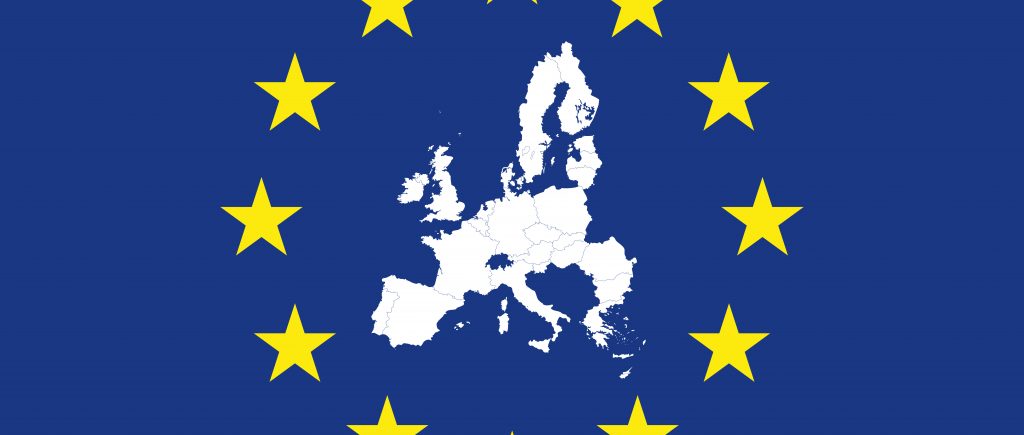In the past two weeks, central bankers in central Europe have stepped up their hawkish policy messaging in an effort to dissuade investors from placing bets that they will soon start an easing cycle. Their message is beginning to find momentum.
These policy cautions came amid a European market slump following Credit Suisse’s failure, which increased expectations that major international banks would start to loosen monetary policy.
The central banks of central Europe were anticipated to set the pace for relaxing as they raised interest rates more quickly than their significant counterparts. This may still be the case, although it appears to be happening later than originally anticipated.
But, this story is starting to change as a result of variables including the region’s tight labour markets and strong wage growth, and investors are beginning to notice.
According to Erste Bank, “high wage pressure will keep core inflation rising and may lead to delayed monetary easing relative to current predictions.”
The Czech central bank, which was perceived as being dovish under its new leadership and has defied requests to raise rates from both its own monetary department and outside experts since last June, has actually strengthened its hawkish stance.
JP Morgan said the risks to its call that rates would begin falling in August were now “severely skewed for a later start”.
Goldman Sachs is penning in no change all year.
“We do not expect a rate hike,” it said after the Czech policy meeting last week. “Equally, however, we think the bar to cutting rates is also high,” it said.
 Noor Trends News, Technical Analysis, Educational Tools and Recommendations
Noor Trends News, Technical Analysis, Educational Tools and Recommendations





